Published: July 1, 2021
Written by: Former Program Associate, Jodi Suckle
TeleSquads give high school students an opportunity to improve learning outcomes through experiential learning, develop intercultural competency, and deliver real-world impact through a local team by participating in a variety of international humanitarian projects focused on health, business, and STEM.
As teachers begin to plan for a brand-new school year, we decided to sit down with a STEM TeleSquads alumni instructor to learn more about her experience and how the program benefited the students in her class.
Martha Keeley teaches an Engineering Fundamentals elective class to seniors at John Burroughs School in St. Louis, Missouri. During the course of the STEM TeleSquad, students worked with community members and engineers in El Limon, Panama to design to help build a water tank with that community.
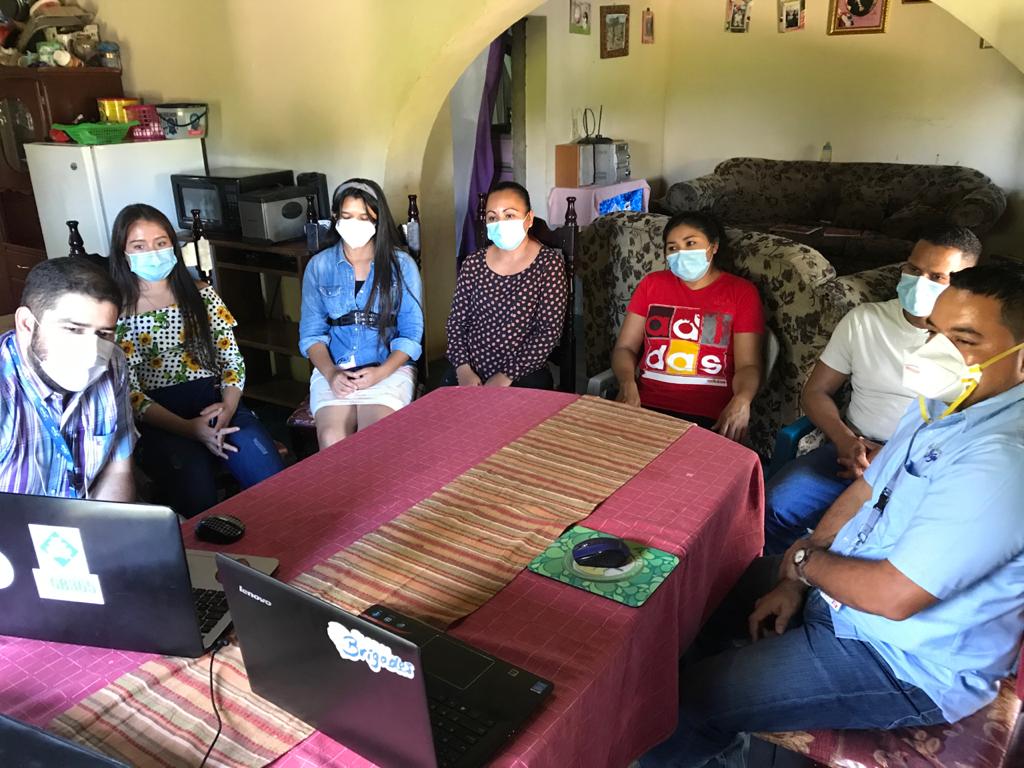
Community members meeting with volunteers virtually.
Can you describe your class and students?
Martha Keeley: [I teach] Engineering Fundamentals elective for seniors. They’ve already taken bio, chem, and physics, and can choose an elective for senior year. I want there to be some curricular material that gives students a taste of the kind of math and science application work they will be doing in college courses if they decide to study engineering.
Why did you want to incorporate the STEM TeleSquad program into your class?
Martha: I really wanted to give them real-world project experiences from the problem definition stage to the prototype stage. I am trying to expose them to a process for solving complex problems, expose them to the math and science tools they will need to do that, and give them two real-world project experiences. For the spring capstone, they were in two teams working with a local client representing a non-profit to solve a problem.
At the very last class session, when we gave our presentation to Julio (in-country facilitator}, he asked what the students got out of the program. Several of them said of all the classes they’ve taken, this is the first one where they feel like they made a difference in the real world.
What was something you wanted students to get out of the TeleSquad program?
Martha: One of the things I wanted to get across to them, whether this class helped decide if engineering is for them or not, is this methodology for solving complex problems that focus first on talking to people and really understanding the problem; putting yourself in peoples’ shoes to understand the problem well, that’s where you should always start. Real-world problems are complex problems. You have to spend the time to understand the problem before you jump in to try to solve it.
Can you share an example?
Martha: The idea that when you are working on something in the real world it takes different people bringing in different skill sets to solve the problem. By continuing to learn through the project we realized we needed all parts of the team to fold a solution. Julio said we’d need seismic beams because this area is prone to earthquakes. We don’t know about earthquakes! So the kids would design the part above ground, and Julio would check the design and take care of the seismic beam structure because he has that knowledge. For the students to realize that there are parts we know and some stuff we don’t know, and the responsible thing for us to do is to hand that off to more knowledgeable team members. Dividing it up based on different skill sets and experiences, the students saw that work in the real world. Then in their capstone projects in the spring they could apply it to their client interactions.
Any other takeaways from the students?
Martha: It was eye-opening to learn what it’s like to live in rural Panama. Six years of Spanish class didn’t really give the students that. They learned about the disparities present in rural communities in Panama and realized that while there are things they don’t have because of the pandemic, there are places where students don’t have clean water at school even during normal times. It was a good way to step outside their own experience during what was a hard year for them too.
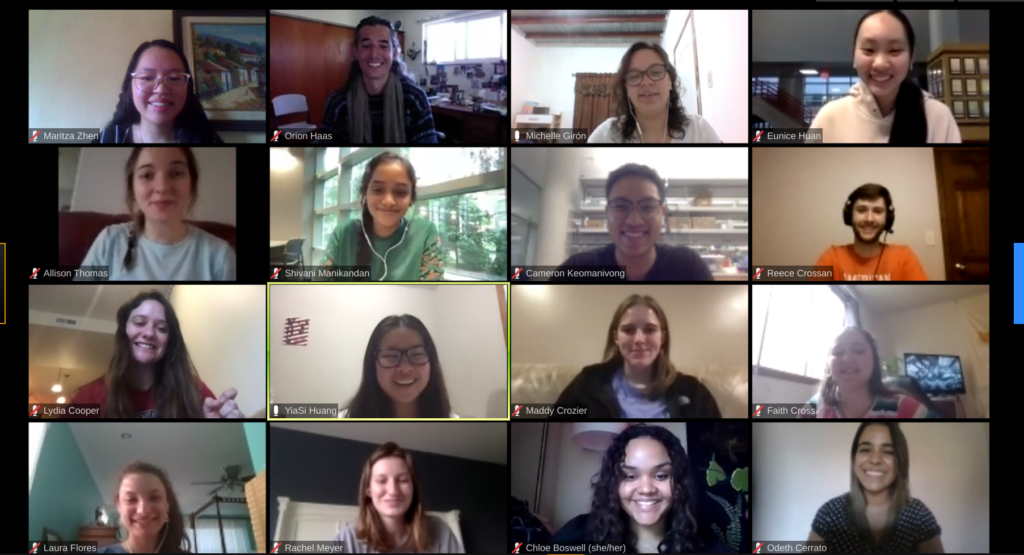
Students strike a pose during their virtual session.
Making A Lasting Impact With TeleSquads
The John Burroughs School STEM TeleSquad worked with the community of El Limon, which is home to about 90 families. The community had been struggling with access to water, especially at the primary school. In addition to working with the local team in Panama to design a water tank for the community of El Limon, the students fundraised in their own community to ensure that the tank they designed could be built.
The director of the primary school in El Limon, Mrs. Omayra Tejeira shared this:
“We are very happy to see the water reserve tank done. It is a pretty project that will guarantee the water in the school, which is the main necessity. This is a very important project for us. As a director I feel very happy and all parents, children, and community members, as well. So on behalf of all of them, we want to sincerely thank you for all the effort you did for our school.”
Experiential learning, whether virtual or in-person, is an opportunity for students to see how the concepts they learn in class can be applied in the real world. An international setting gives students an opportunity to not only engage with the subject matter but to become global citizens too. To incorporate a virtual experiential learning program into your classroom, head to our website and schedule a call with our team to learn more.
Check out our STEM TeleSquad program offerings on our website to learn more about how we work with communities in Ghana, Greece, Guatemala, Honduras, and Panama to provide access to clean water in rural underserved communities through applying STEM skills.


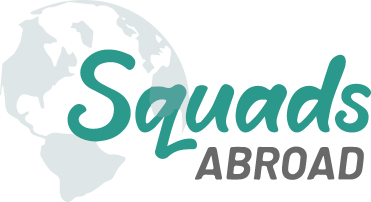
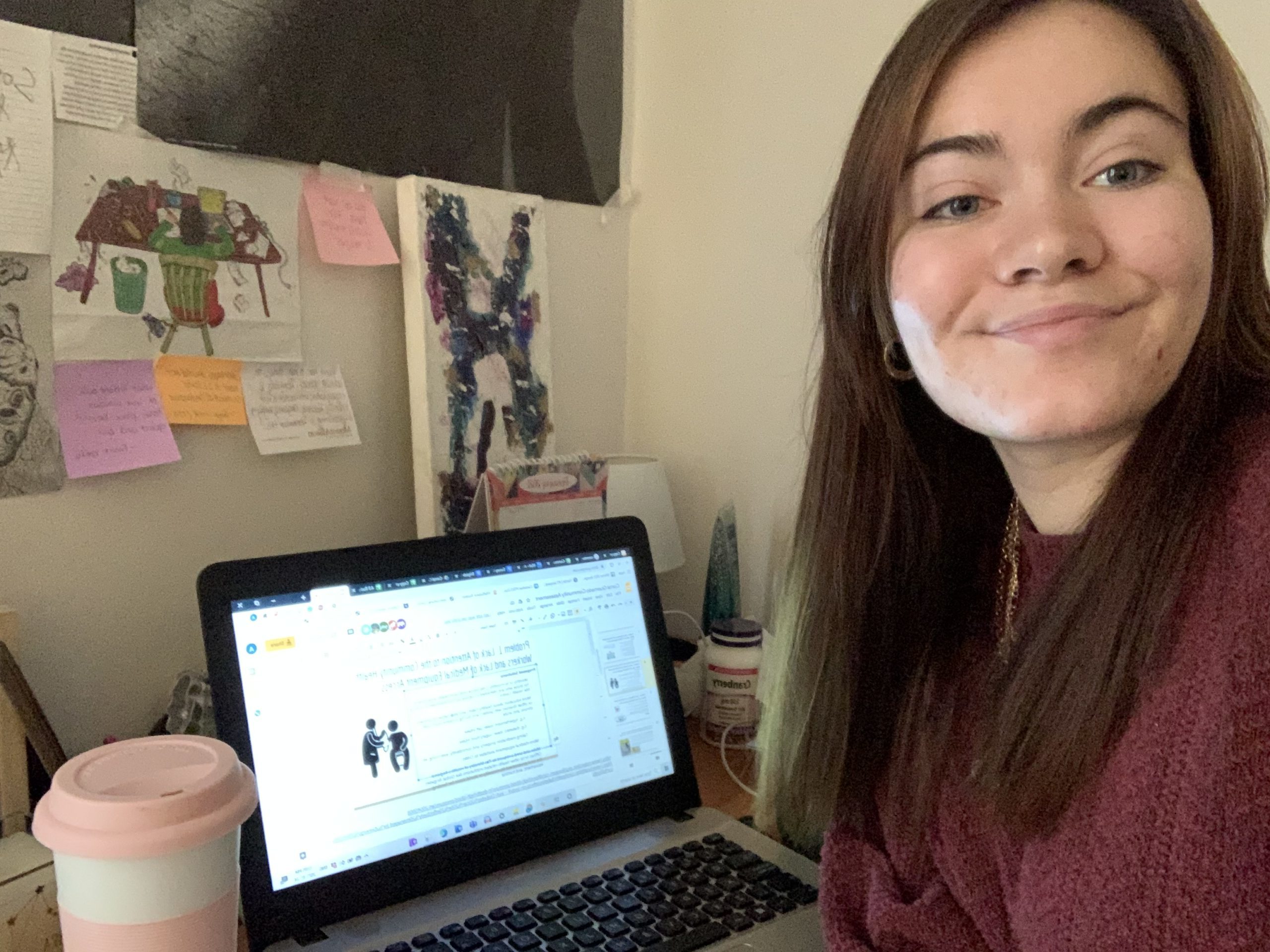
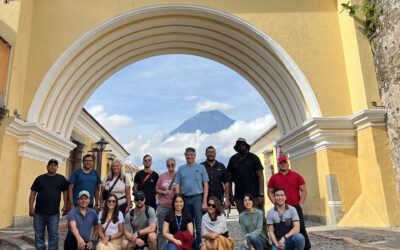
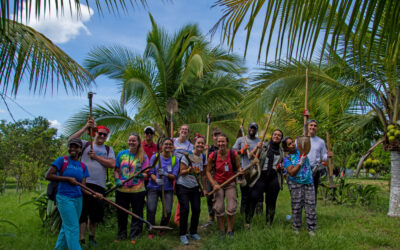
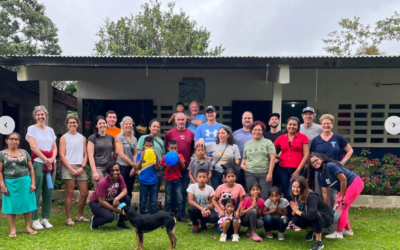
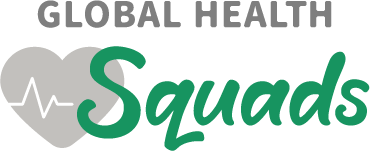

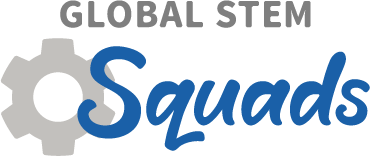
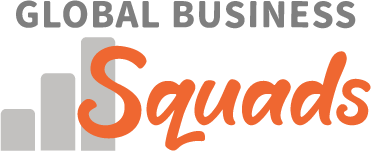
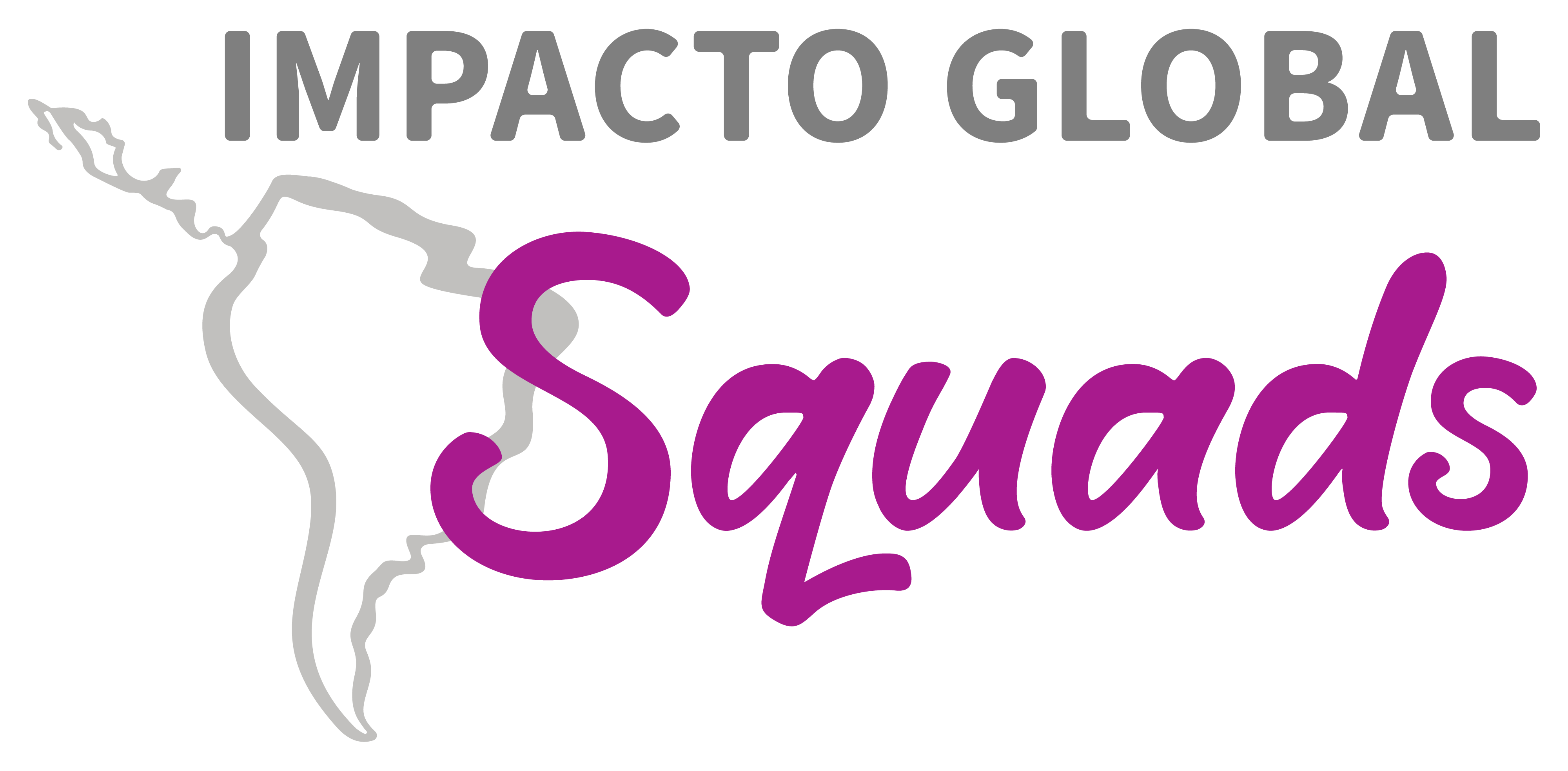
0 Comments